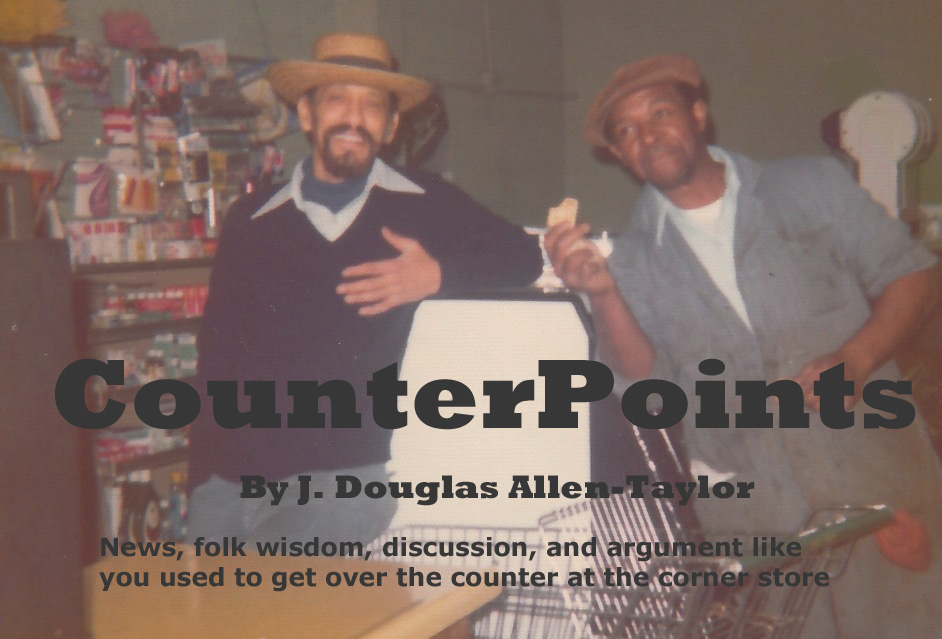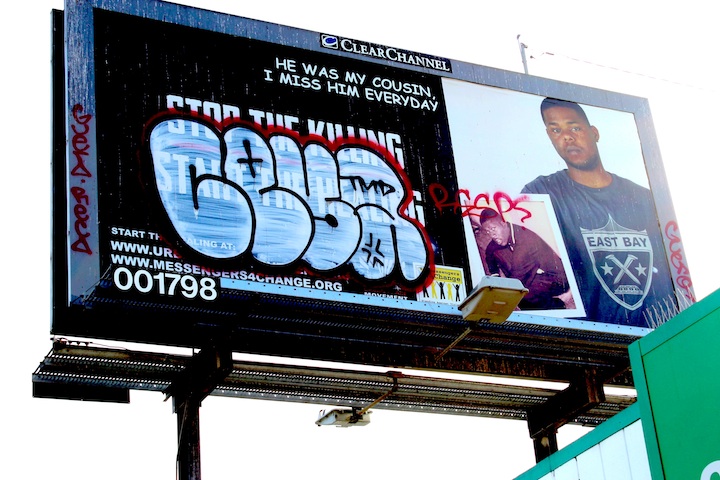|
|
Did I Overlook The Mayor In My Anti-Graffiti Ordinance Column? March 25, 2015 A reader emailed to ask why-in my recent column on problems with Oakland's anti-graffiti law-I called out City Council to find out why the ordinance hadn't stopped graffiti from running wild and free in the city, but failed to call on Mayor Libby Schaaf to step up enforcement. Was that an oversight, the reader asked. No, it wasn't. It's tempting-and an easy target-to start off immediately with criticism of the mayor's office when something goes wrong in Oakland, even when a mayor has only been in office for a few months. However, the problem with calling on Ms. Schaaf to increase enforcement of the anti-graffiti law at the present moment is that the we in the dark about how the law is currently being enforced. All we really know is that what's being done by police and city officials-or not being done, as the case may be-is not solving the problem. New graffiti continues to pop up around the city, particularly in the low-to-moderate communities of the Flatlands, and old graffiti continues to stay up long after the law requires that it should be painted over. This could mean one of two things. One, the Oakland Police Department and staff at the city's Nuisance Abatement Program could be actively doing their jobs to enforce the anti-graffiti ordinance, but simply cannot keep up with the enormity of the problem. Or two, OPD Nuisance Abatement could be treating anti-graffiti as a low priority, and enforcement by both agencies is on the back-burner. Unfortunately, right now, there's nothing in the public record to suggest which alternative is the correct one. We could beat the public drum, of course, and demand that the city do something about the problem, and leave it to the city to decide what it is that needs to be done. A lot of times, that's how things get done in Oakland. Personally, however, I'd prefer being in a position to make some friendly suggestions before raising my hand to ask to be heard. Mayor Schaaf certainly meets regularly with OPD Chief Sean Whent and Interim City Administrator John Flores, and it's entirely possible that the issue of graffiti comes up in those discussions. However, unless the Mayor or the Chief or the City Administrator choose voluntarily to let us know, there's no way of telling if that's the case or what conclusions they may be reaching or course of action they may be deciding upon. That's because meetings between the mayor and staff are not public meetings. They're closed to the public, are not recorded for public access, and rarely, if ever, result in written communications that are reportable back to us. That's why, in my recent column, I suggested that the first step should be for City Council to make monitoring of anti-graffiti enforcement a priority, set up a review of the law's provisions to see if they need adjustment, and referring the entire matter to the Council's Public Safety Committee to make it an ongoing item. Not to take Ms. Schaaf or the Chief or the interim Administrator off the hook, but to find out which hook it is they should be hung from. Anyways, I haven't heard anything back from the Council yet about my suggestion, but I'm patient. Oakland's graffiti epidemic didn't blow up overnight, and ending it won't be accomplished overnight, either. Meanwhile, I've got some thoughts about what appears to be wrong in the existing anti-graffiti ordinance, and ways it might be changed to make it more effective. But that will have to wait until another day, when we've got more time and space.
|


